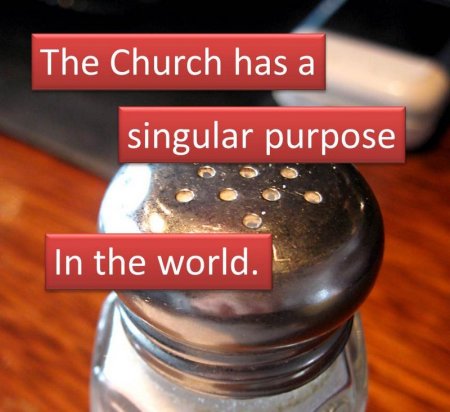Greystone Bakery taught me about grace once again.
Anyone that comes to the front door of their bakery is given the chance to work, no questions asked. When a job becomes available they take the next person off the waiting list and give them a job.
I want to be part of a church that has an “open” serving policy. Anyone who wants to serve, can. This doesn’t mean they can do whatever they want, in whatever way they want.
There are standards and expectations for certain types of service. Elders and deacons are held to higher standards than others. But, graceful churches, like Jesus, can adopt an open serving policy. Think of the band of misfits Jesus used. One of them wasn’t even a believer.
The open hiring policy of Greystone says your past isn’t your future.
Reluctance:
- Children need protection from predators.
- Financial integrity is essential.
- Quality of service needs to be held high.
In other words, open serving doesn’t mean anyone can do anything. But, its incumbent for those who believe in grace to express grace by providing places of service for anyone.
Religious pressure:
Could it be that you are worried about what other believers think? After all, what would “they” think if the person who is passing out bulletins was drunk last night?
I’d rather offend a religious person than belittle an unbeliever by excluding them, unnecessarily.
Bigger issue:
The bigger issue is you feel superior to “them.” Your sins aren’t as bad as their sins. But, you don’t have permission to look down on outsiders, especially when Jesus loves them and died for them.
Low responsibility jobs have low or no standards. For example, the next time you take out the garbage, ask the guy who was drunk last night to help.










